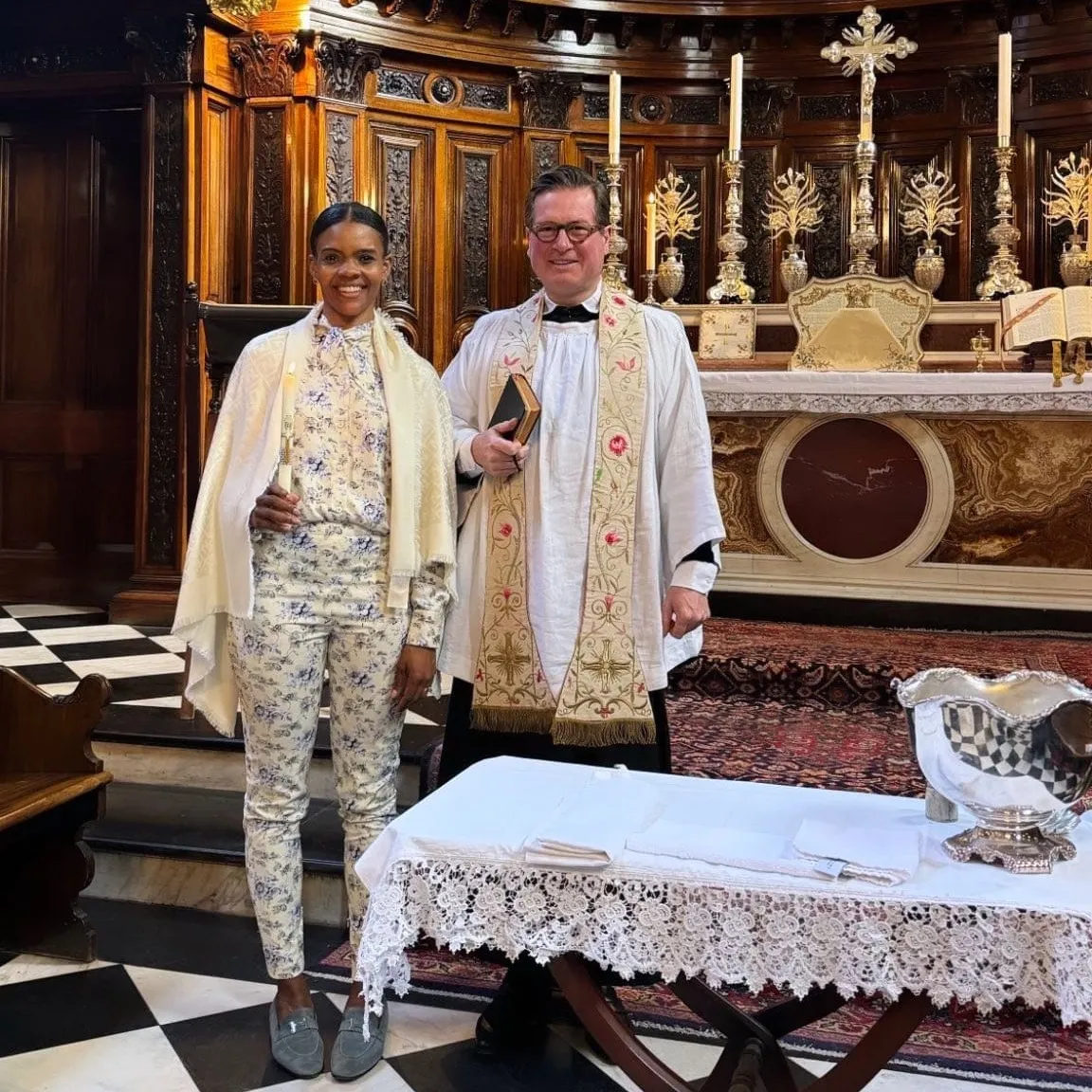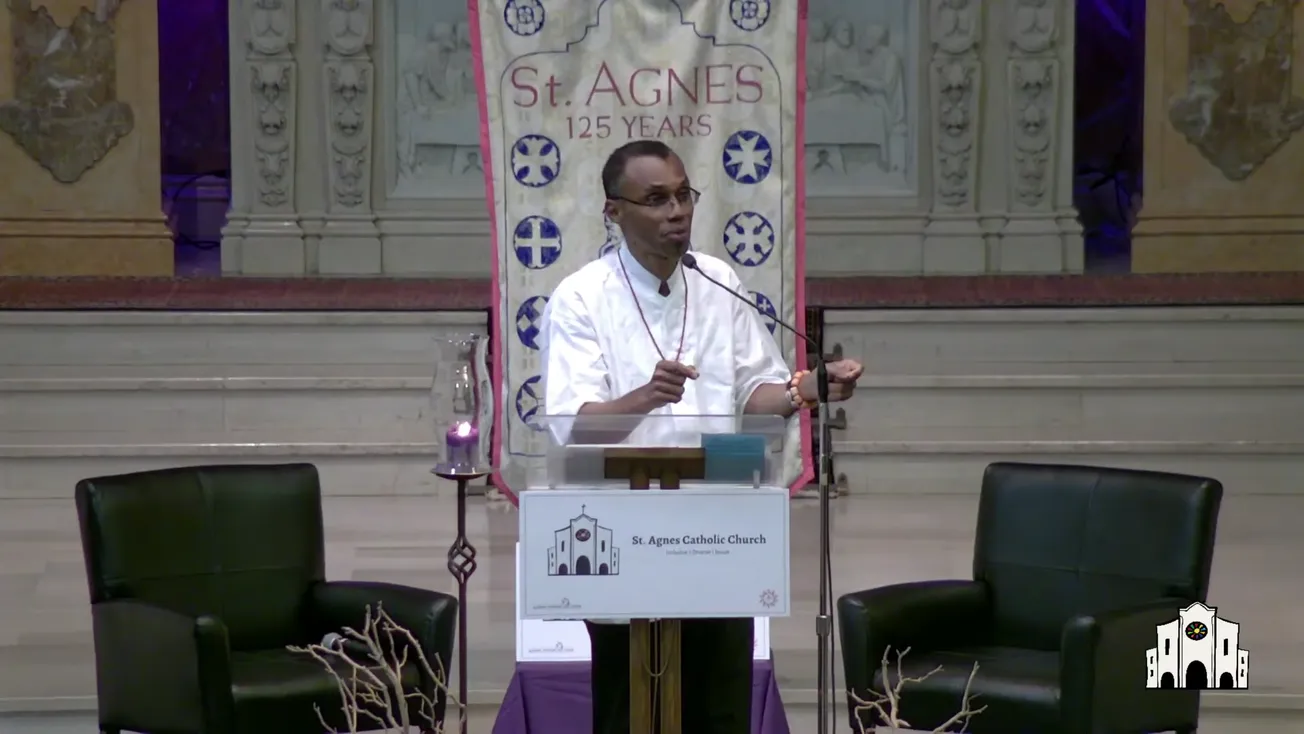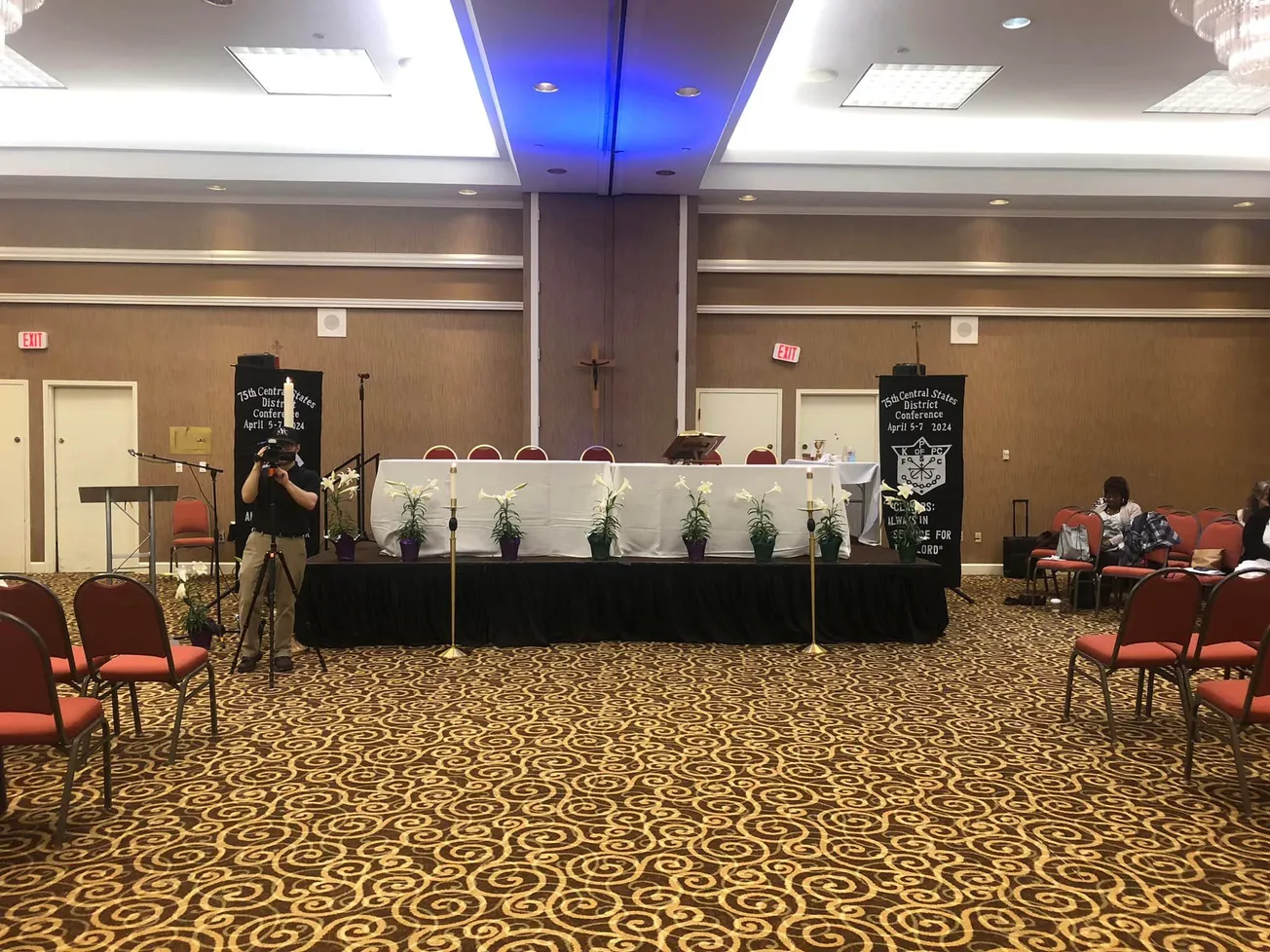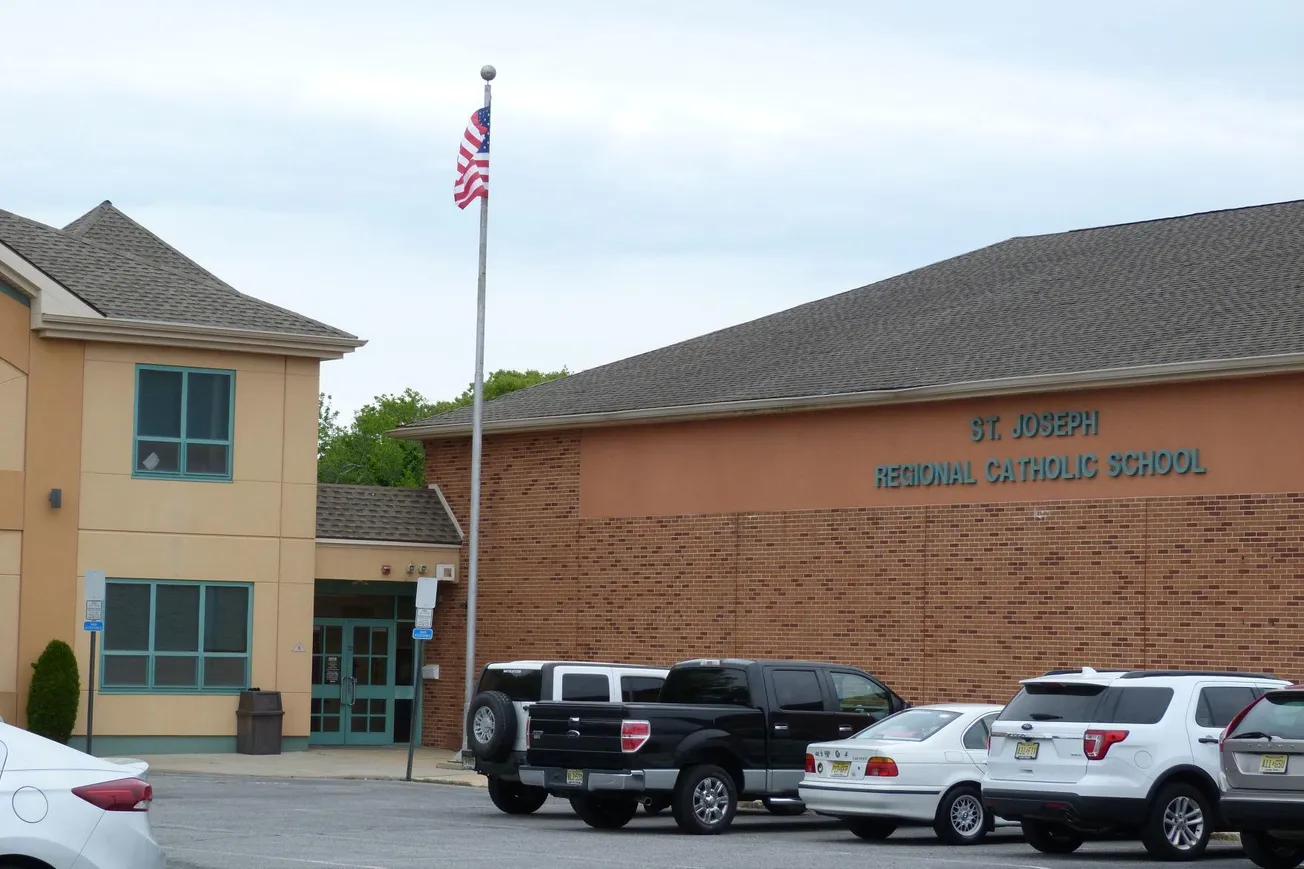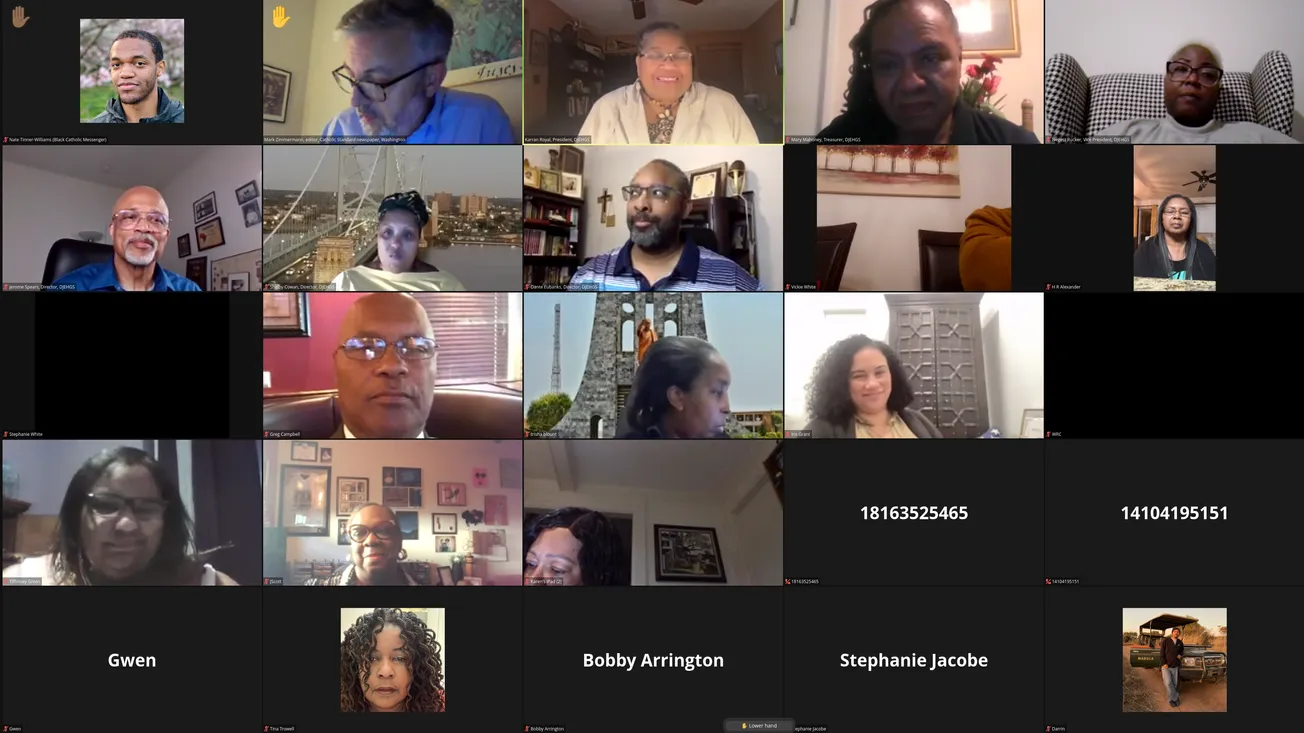An already controversial reparations task force in Georgia recently entered the crosshairs of the general public, though more for its divided membership than its perceived attempt to heal the socioeconomic wounds of the African-American community.
Following the lead of several local jurisdictions around the country, the Fulton County Reparations Task Force, established in 2021, seeks to research the feasibility of providing economic repair to the descendants of those harmed by anti-Black policies in the United States, including the historical practices of terrorism, slavery, and segregation.
According to its webpage, the group serves as an advisory body to the Board of Commissioners for Fulton County, which includes as its seat the city of Atlanta, the most populous in the state. Its members are chosen by the county commissioners, who are each entitled to appoint two members.
Though its goals are to provide recommendations on “priorities, objectives, and policies which will support the revitalization, preservation, and stabilization of the Black/African American population in Fulton County,” one new appointee has entered the spotlight for a different reason.
Mike Russell, a Black Catholic appointed by Republican Commissioner Bridget Thorne of District 1, doesn’t exactly support reparations.
“At some point, we're going to have to let go of the past," he said in a late June interview with Fox News, noting that he is on the committee to assess the local history and current needs but that there is “validity” in the argument that reparations are unconstitutional.
“I think our job is just to find if people were treated unjustly and then let the commissioners determine what the remedy is."
Interview I did concerning reparations in Fulton County.https://t.co/qdZyUIke4D
— Mike Russell for Atlanta (@mikerussellatl) June 26, 2023
Russell’s position quickly gained traction online among dissenting voices, with many onlookers expressing incredulity at his inclusion on the task force. He soon responded with clarifications on his views.
“If people would actually listen to the entire interview and read my comments for comprehension and not to be contrary or jump to false conclusions, it is very clear that I never said there shouldn’t be reparations,” Russell wrote on Twitter.
“I’m not oblivious to the wrongs that were perpetrated in our country. My grandmother picked cotton, was not allowed to go past the sixth grade, [and] at least one of her brothers was lynched. Nevertheless, I was never taught to hate or judge people by the color of their skin, or to see myself as a victim.”
Russell’s words expressed a commonly held belief among American conservatives and others who remain resistant to the idea that financial programs and payments are due to the Black victims of government-sanctioned systemic racism. Recent polling indicates that while more than three-quarters of Black adults support reparations, only 18% of White Americans—and roughly a third of Americans overall—agree.
Thorne, who appointed Russell, said she hasn’t been following the Fulton County Reparations Task Force closely, but that she stands by her selection of the former Army officer and 2021 Atlanta City Council candidate.
“I chose him because he's very intelligent. He's very measured. He has a good perspective,” she told BCM.
“I trust him to make good decisions. Seeing as he is Black and he has connections, he could decipher what the board is finding out and the decisions they’re making. I just thought he would have good input… I really think he should have a voice, because it shouldn’t be a task force with one thought.”
Mike Russel’s stance on reparations https://t.co/kH23zDByR2
— FultonCountyRTF (@FultonCountyRTF) June 27, 2023
Russell is the second appointee to the task force for District 1, as Thorne was elected to her seat in November and chose her appointee to replace Shanti Oleti Vissa, a South Asian IT professional from Atlanta.
Other members of the task force include scholars and luminaries such as Dr. Michael Simanga and Dr. Bernice King, the daughter of Dr. Martin Luther King Jr. and a staunch advocate for her father’s social justice aims—including his outspoken support for reparations shortly before his assassination.
Dr. Falechiondro Karcheik Sims-Alvarado, who chairs the task force and whose email was recently removed from its webpage, did not respond to a request for comment concerning Russell’s effectively anti-reparations stance. Russell himself told BCM he has been asked not to give further interviews on his views, though he did not name Sims-Alvarado as the person who made the request.
The task force’s public meetings, which occur twice a month (one in person and one virtual), have evinced a lack of cohesion within the group, as not all the board members agree on what constitutes reparations, who should receive them, and if—as Russell has questioned—they are necessary at all.
Fr Bruce Wilkinson, a retired priest of the Archdiocese of Atlanta, viewed one of the recent online meetings and said the divide was apparent but that he supports reparations for the descendants of the enslaved.
“There has to be some form of restitution in order to achieve reconciliation,” he told BCM, adding that some Catholics may oppose the practice because of a flawed sociopolitical and theological viewpoint.
“Nobody likes to see everybody else get something that they think is for free. However, the other more complicated answer is that a lot of Catholics still are conflicted on what it means to be people of reconciliation.”
Wilkinson says he hopes that the Archdiocese of Atlanta will support the Fulton County reparations effort, but that he isn’t overly optimistic it will actually occur. However, he did say he thinks some parishes might get on board.
Meanwhile, as Fulton County faces various racially charged controversies—including the eminently controversial “Cop City” police training compound under construction by the Atlanta Police Department—those awaiting justice from local officials may have a bit longer to wait if their eyes are on financial repair.
The Fulton County Reparations Task Force is scheduled to continue its work through 2024, when they are due to make recommendations by October. The task force itself is scheduled to sunset in December 2025, pending further action by the Board of Commissioners.
Their next scheduled meeting will be held virtually on Thursday, July 27, at 6pm ET. Zoom login information can be found on the task force homepage and no registration is required.
Nate Tinner-Williams is co-founder and editor of Black Catholic Messenger.



